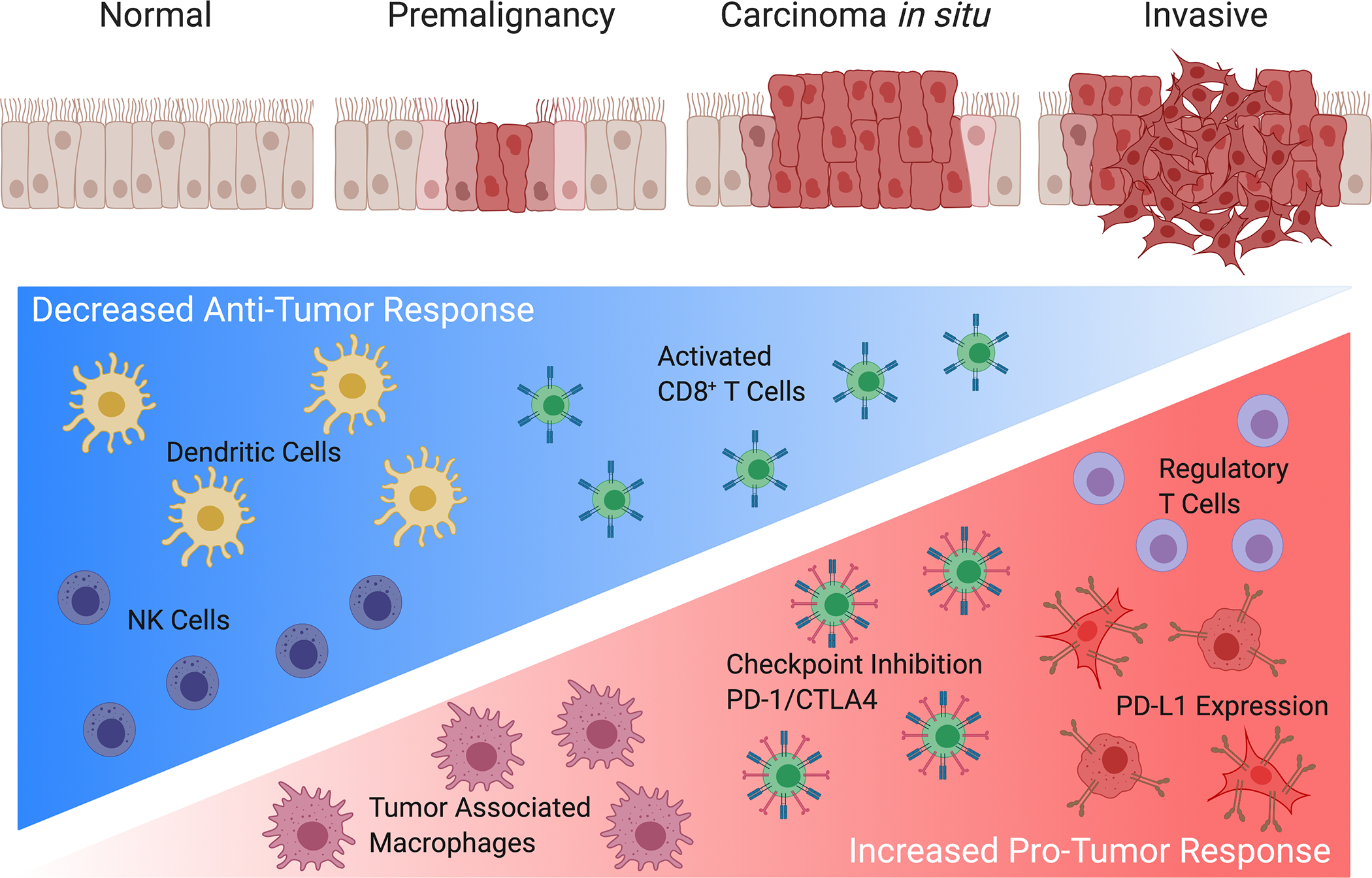Figure 1. Immune Changes during Lung Cancer Progression.

Graphical presentation showing progression from normal epithelium to premalignant cells advancing to invasive malignancy. Lung tumorigenesis is accompanied by a decrease in anti-tumor responses with the hallmark of decreased dendritic cells, activated natural killer (NK) cells and granzyme B secreting activated CD8+ T cells. In addition, lung cancer progression is coupled with an increase in tumor associated macrophages, a prevalence of regulatory CD4+FOXP3+ T cells, an upregulation of PD-L1 expression in tumor and myeloid populations, and transition from activated T cells to an exhausted state identified by the expression of checkpoint inhibition markers, such as PD-1 and CTLA4.
